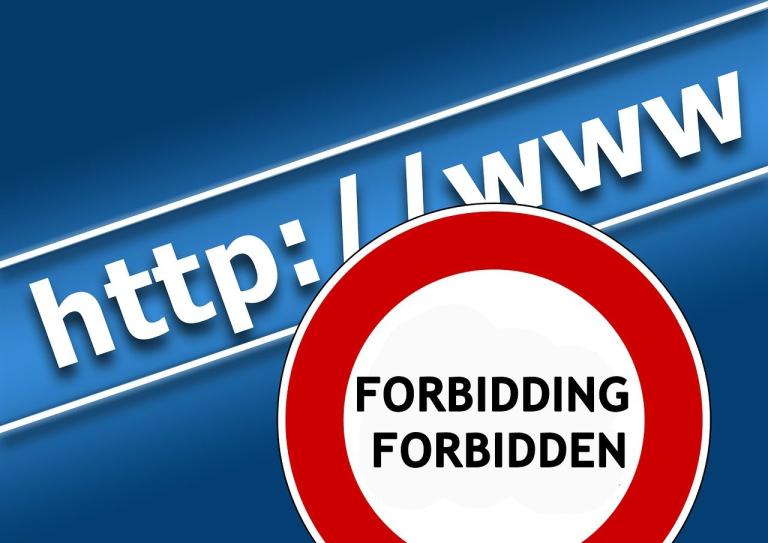
Information is one of the casualties of war, with newspaper publication and distribution often shut down, television and radio towers destroyed, and journalists and other witnesses in hiding or on the run. And yet information is more important than ever, especially to a populace being invaded.
Today’s information technology, though, makes it possible to communicate to a large audience by means of the internet. Unfortunately, in Ukraine, Facebook is censoring Ukrainians and keeping them from sharing information about the Russian invasion.
So reports Natalia Antelava in Fleeing Russian bombs while battling Facebook: A Meta problem Ukrainian journalists did not need.
Facebook (or, rather, the company’s new name “Meta”) has tuned up its algorithms to fight “Russian disinformation.” But the same algorithms that shut down Russian propaganda are also shutting down Ukrainians trying to talk about and share information about the war. This is especially hurting Ukrainian news organizations, including local journalists in cities under attack. Antelava reports:
Ukrainian newsrooms are being flooded by graphic images from the frontlines of the war. It’s newsworthy, at times vital content that is in public interest but it is impossible for editors to know what they are allowed to publish on Facebook and Instagram. . . .
And even where there are rules, they are confusing and inconsistent. Here is just one example: it is impossible to cover the war in Ukraine without mentioning Azov Battalion, a key group fighting Russians in eastern Ukraine. But a mere mention of Azov Battalion can be considered a violation of community standards. The punishment for such a violation is a “strike” and several strikes could result in their accounts being blocked or suspended.
Recently, Meta made a temporary change to its hate speech policy, allowing calls for violence against Russian soldiers in the context of the Ukraine invasion. But when Ukrayinska Pravda posted stories about Azov Battalion cheering after hitting the enemy targets in Mariupol their pages got “strikes.”
Things are especially dire for publishers on the frontlines: dozens of small, independent newsrooms in eastern Ukraine, who have recently lost their ability to promote their posts to their communities.
“We woke up one day to the news of invasion, and the next day to the news of all of our Facebook and Google ad accounts being blocked. We contacted both. Google fixed the issue within twelve days. We are still waiting for Facebook,” Garmash told me.
Antelava quotes publisher Andrey Boborykin discussing the plight of local newspapers in combat zones:
“We can’t promote their pages, we can’t get their voices out,” Boborykin says. “It’s crazy because it means that [local publishers] are cut off from their communities. And many of them are already cut off physically, because they’ve had to flee. If they don’t flee they work under shelling. It’s crazy that they have to be dealing with technical constraints imposed by Facebook on top of it all,” he says.
This seems to be a problem with Facebook’s automatic algorithms, as opposed to the actions of human censors. But, either way, it’s an example of how the information medium controls and restricts the information it allows to circulate. In the U.S., this power limits the circulation of politically-incorrect ideas. In the Ukraine, it is a matter of life and death.
HT: Mary Moerbe
Image by Gerd Altmann from Pixabay













